Indigenous Governance Database
kinship practices & systems
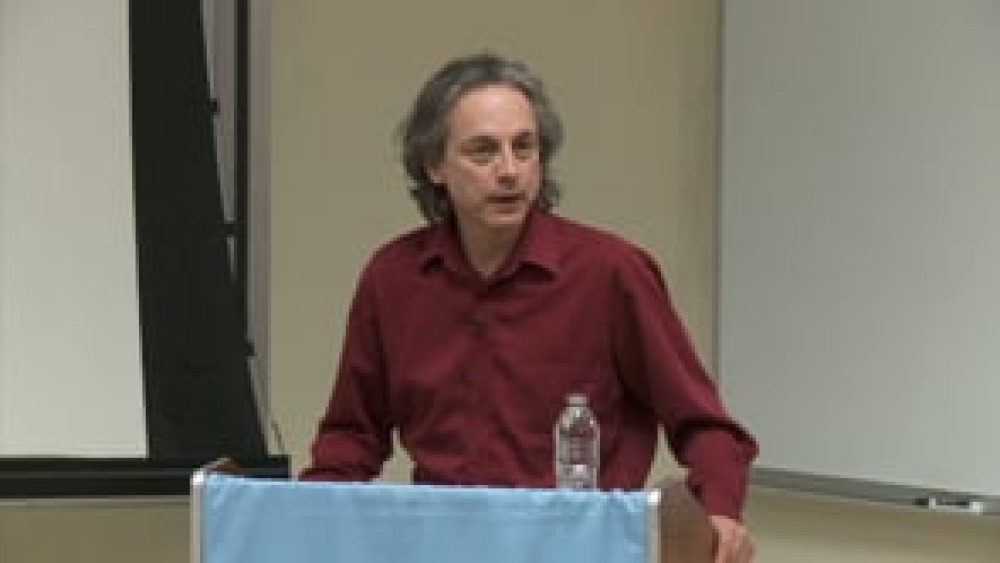
Robert Innes: Elder Brother and the Law of the People: Maintaining Sovereignty Through Identity and Culture
Robert Innes, a citizen of the Cowessess First Nation in Saskatchewan, discusses how traditional Cowessess kinship systems and practices continue to structure and inform the individual and collective identities of Cowessess people today, and how those traditional systems and practices are serving…
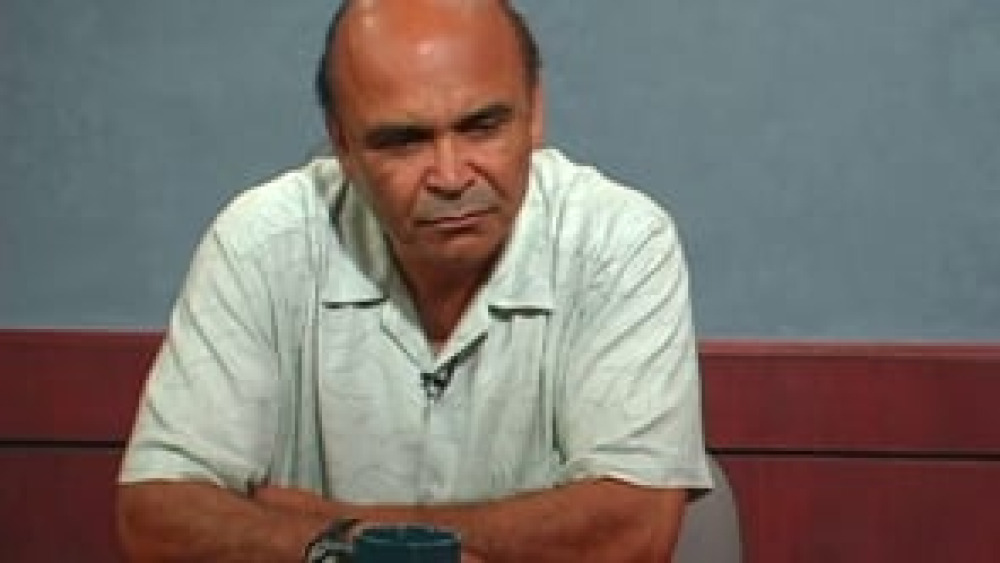
David Wilkins: Indigenous Governance Systems: Diversity, Colonization, Adaptation, and Resurgence
In this in-depth interview with NNI's Ian Record, federal Indian law and policy scholar David Wilkins discusses the incredible diversity and sophistication of traditional Indigenous governance systems, the profound impacts colonial policies had on those systems, and how Native nations are working…

Jill Doerfler and Carole Goldberg: Key Things a Constitution Should Address: Who Are We and How Do We Know? (Q&A)
Presenters Jill Doerfler and Carole Goldberg field questions from seminar participants about the various criteria that Native Nations are using to define citizenship, and some of the implications that specific criteria present.
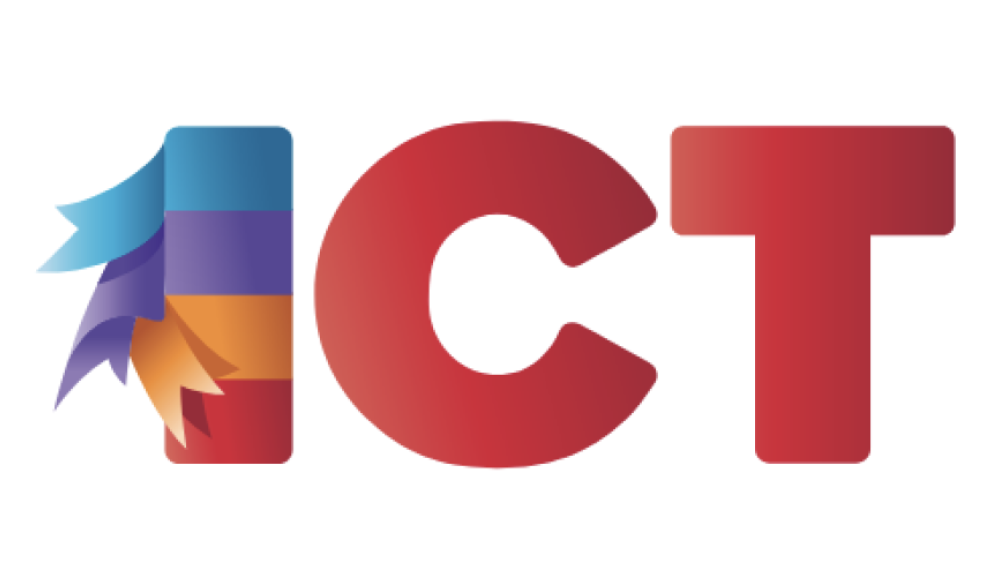
Disenrollment Is a Tool of the Colonizers
Our elders and spiritual leaders do not teach the practice of disenrollment. In fact, disenrollment is a wholly non-Indian construct. Indeed, when I recently asked Eric Bernando, a Grand Ronde descendant of his tribe’s Treaty Chief and fluent Chinook Wawa speaker, if there was a Chinook Wawa word…

The Unintended Consequences of Disenrollment
For most of the modern tribal self-determination era, American Indian nations have emphasized inclusion. Starting in the early 1970s, higher tribal membership numbers equated to higher federal self-determination dollars. As tribes otherwise redoubled their efforts to reverse the destruction caused…

Authenticity: Ethnic Indians, non-Indians and Reservation Indians
Authenticity is a puzzling feature of contemporary Indian life. Growing up on an Indian reservation, I rarely encountered challenges to one’s identity as an Indian person. People within the reservation community knew most of the families. If they didn’t know the family connections of a specific…
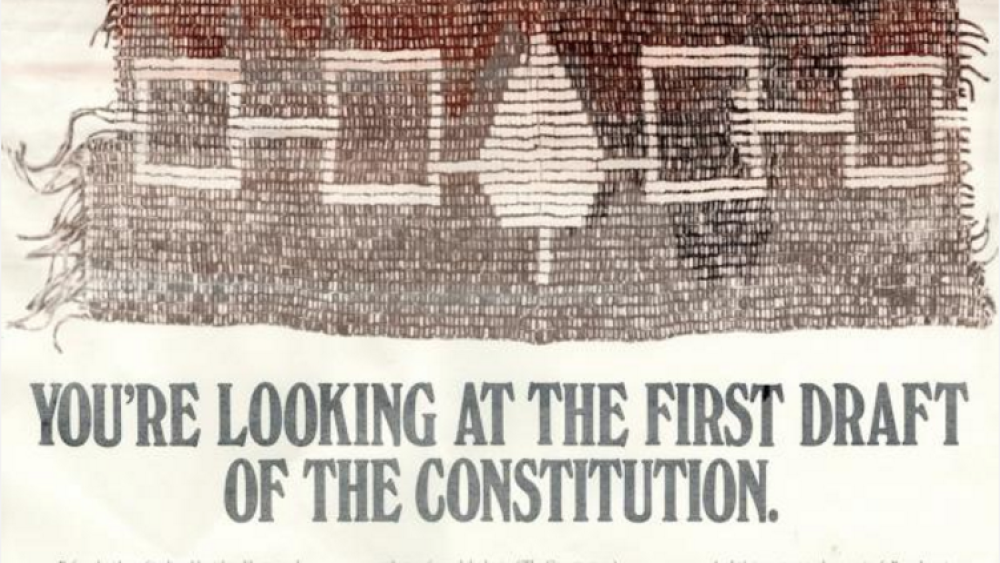
Kin-Based Governments Can Be Successful and Profitable
A key to understanding American Indian nations, and Indigenous Peoples in general, is local community organization. Local groups, as basic building blocks of indigenous nations, play a powerful role in tribal or national consensus building and decision-making. The ways that local indigenous groups…
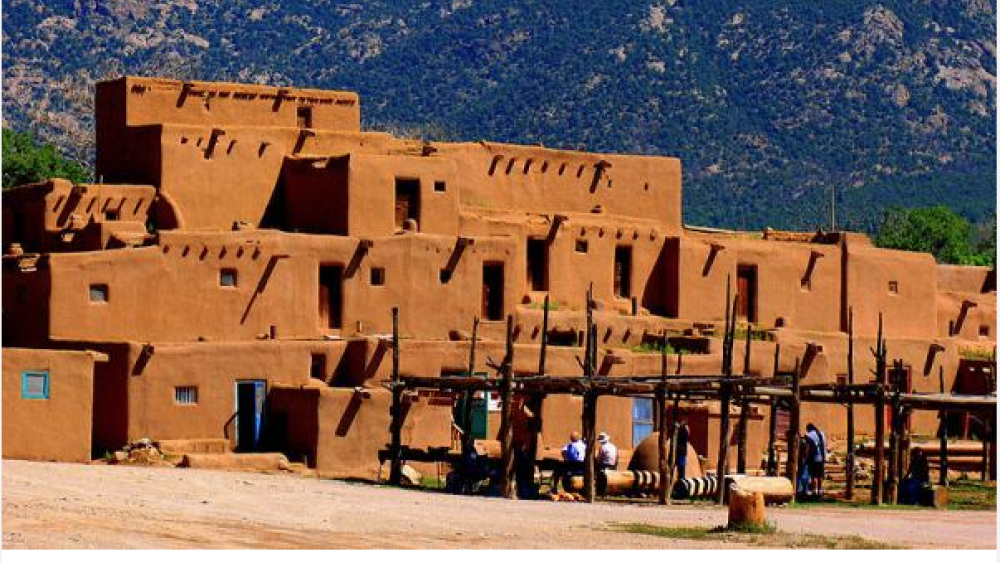
Indigenous Nations Have the Right to Choose: Renewal or Contract
When making significant change Indigenous nations make choices about whether to build on traditions or to adopt new forms of government, economy, culture or community. Many changes are external and often forced upon contemporary Indigenous Peoples. Adapting to competitive markets, or new…
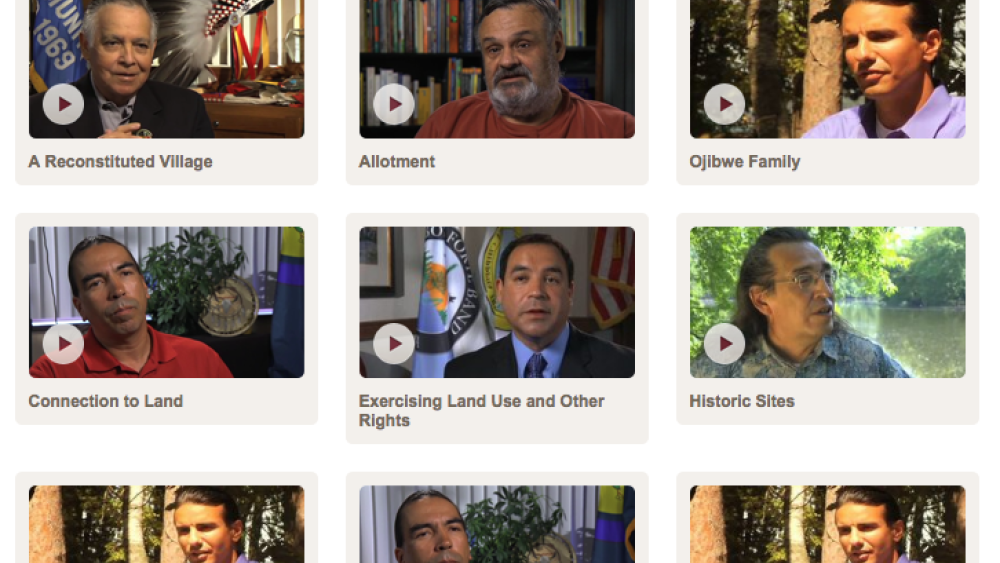
Why Treaties Matter: Video Gallery
This video gallery serves as a companion piece to "Why Treaties Matter - Self Government in the Dakota and Ojibwe Nations," a travelling exhibit on treaties between Dakota and Ojibwe people and the U.S. It features testimonies from Native nation leaders and citizens about many of the exhibit's main…
